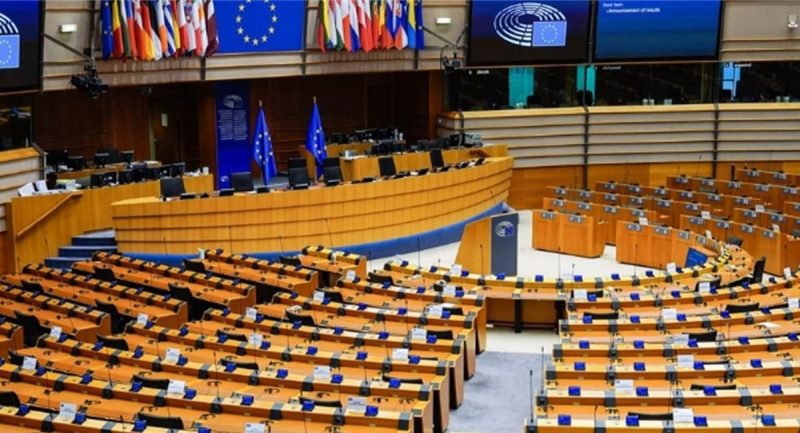In a significant move to strengthen its sanctions regime, the European Parliament has unanimously approved a new set of rules aimed at enhancing the enforcement of sanctions across the European Union’s 27 member states. The legislation, which garnered support with 543 votes in favor, 45 against, and 27 abstentions, extends its reach to include crypto service providers, emphasizing the EU’s intent to close loopholes in its sanctions enforcement.
Harmonizing Sanctions Enforcement
The newly approved rules address the inconsistencies in how sanctions are applied across member states, a concern that has grown in light of Russia’s invasion of Ukraine and subsequent violations of EU financial sanctions against Russia. “Diverging national approaches have created weaknesses and loopholes,” explained Dutch lawmaker Sophie in ’t Veld, highlighting the necessity for the legislation. The aim is to standardize the definitions of sanction violations and associated penalties, ensuring uniform application throughout the EU.
Crypto Assets Under Scrutiny
A notable aspect of the legislation is its application to crypto-assets and wallets. The EU’s comprehensive approach includes measures such as freezing assets and extends to digital currencies, reflecting the growing recognition of cryptocurrencies as potential avenues for circumventing financial sanctions. This move underscores the EU’s commitment to leveraging every possible means to enforce its restrictive measures effectively.
Consistent Definitions and Penalties
The law establishes consistent definitions for various violations, including but not limited to, failing to freeze funds, violating travel bans or arms embargoes, transferring funds to sanctioned individuals, or engaging in business with state-owned entities of countries under sanctions. This clarity is expected to facilitate more effective enforcement and compliance across the Union, making it harder for individuals and entities to exploit discrepancies in national regulations.
